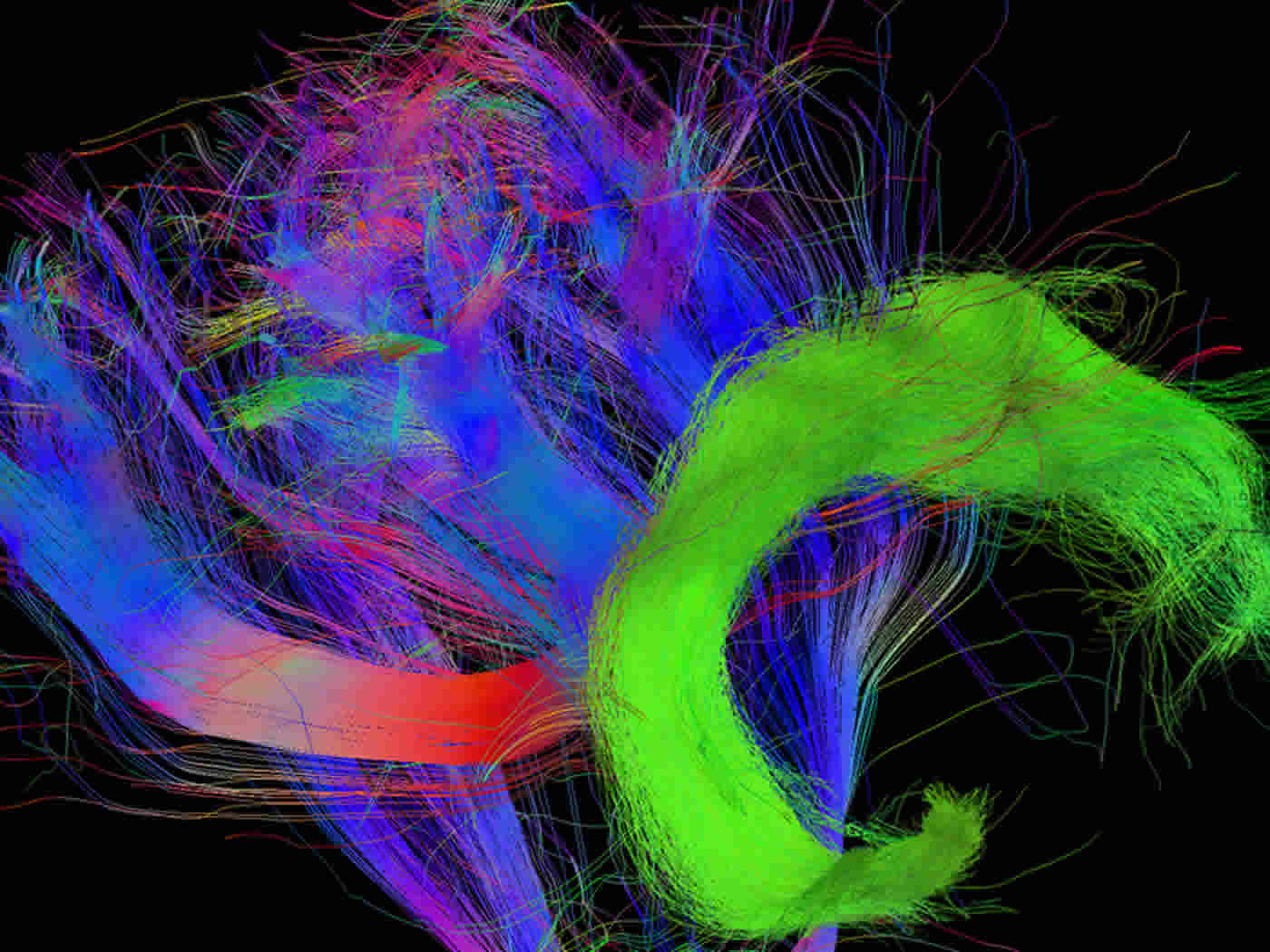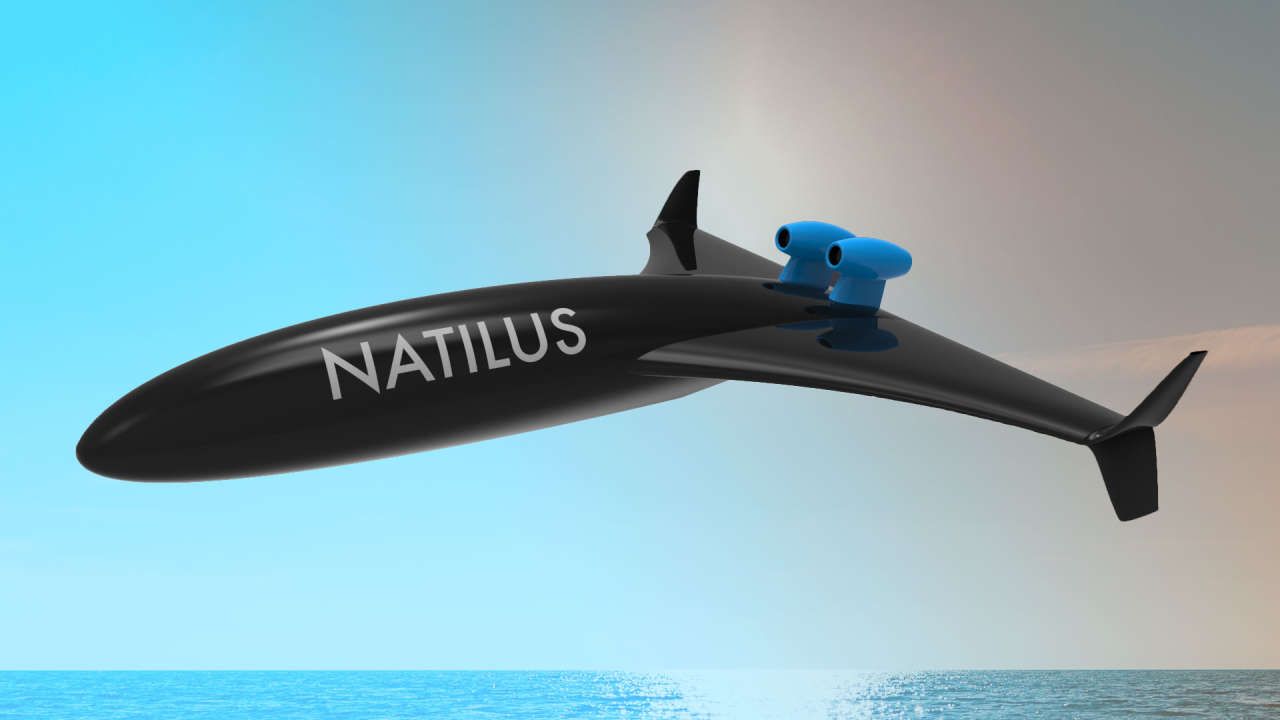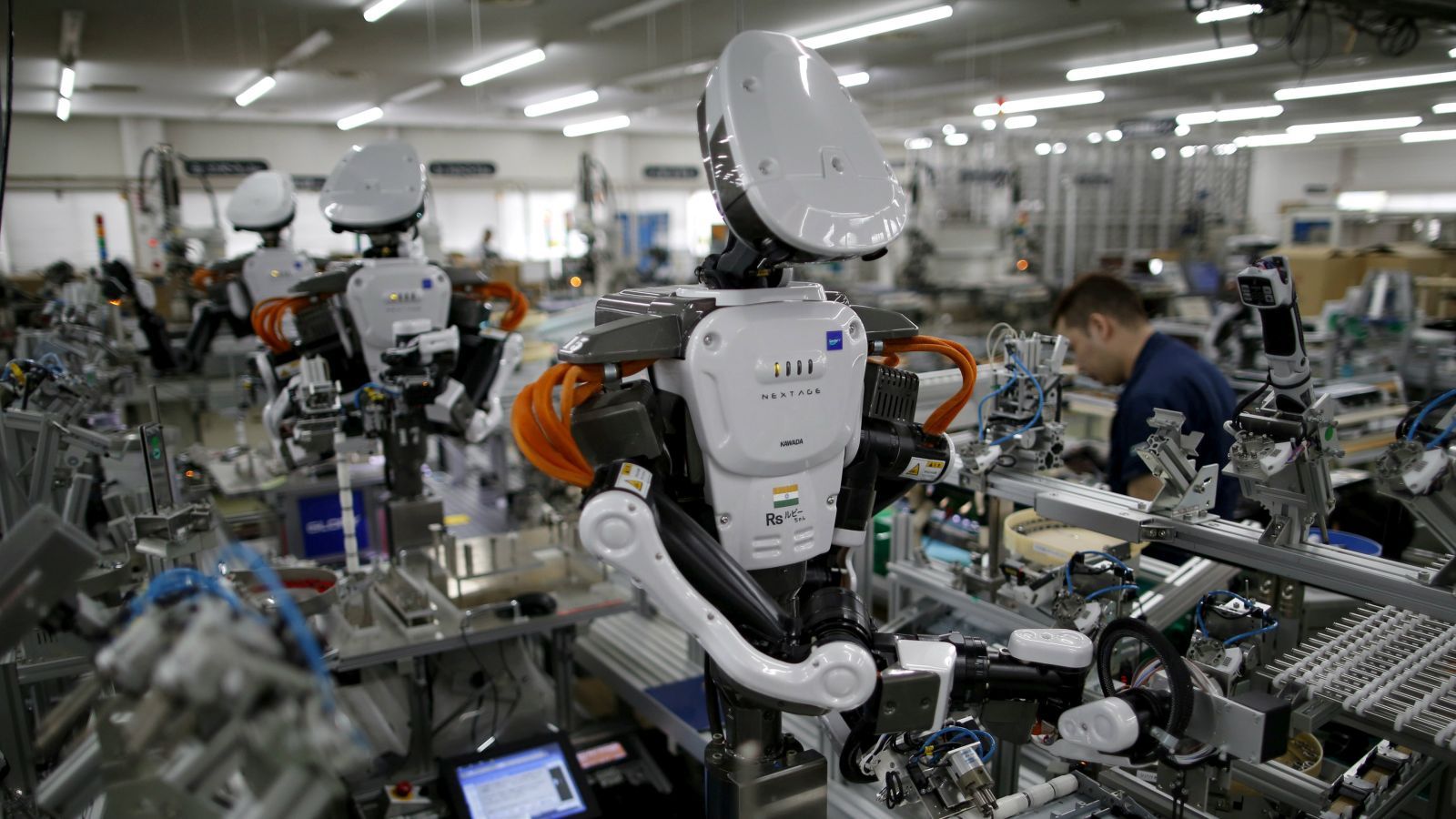Mar 28, 2017
Brain Structure That Helps Us Understand What Others Think Revealed
Posted by Shailesh Prasad in category: neuroscience
By the age of four years we suddenly start to understand what other people think and that their beliefs about the world might differ from our own. We then manage to do what 3-year-olds are not yet capable of – we can put ourselves in someone else’s shoes. Researchers from the Max Planck Institute for Human Cognitive and Brain Sciences in Leipzig were able to show what supports this milestone in development: the maturation of a critical fibre connection in the brain.
Summary: Researchers identify brain areas associated with developing the ability to “put ourselves in other people’s shoes”.Source: Max Planck Institute. By the age of four years we suddenly st.


















